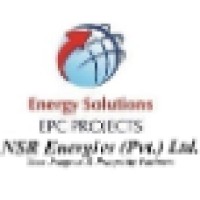
SPM Automation (Canada) Inc.
Specialties: Plastic Welding and Automation Technology Standard Welding Machines and Tooling - Hot Plate, Infrared, Vibration, Ultrasonic Flexible Systems Special Purpose Machines Automatic solutions for plastics joining and processing Automotive Interiors - Leather wrapped and flocked parts - Instrument panels, floor consoles, glove boxes etc... Automotive exteriors - Tail Lamps, spoilers, etc... - Air intake manifolds, reservoirs, ventilation, etc... Fuel tanks - Flexible and dedicated processing cells - Hermetic Welds, chipless boring and cutting operations - Patented solutions for Fuel tank processing * Highly accurate and repeatable * Proven scrap reduction and cost savings Appliance parts, Medical devices, Plastic containers etc...






